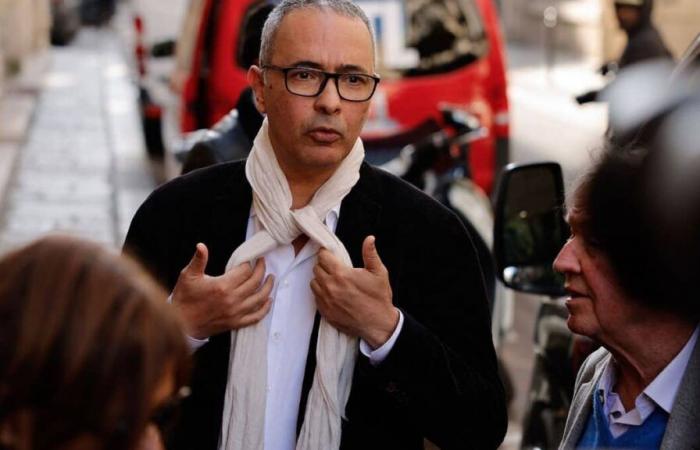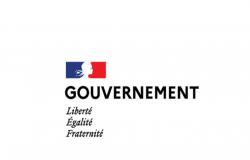The Goncourt Prize was awarded Monday to the Franco-Algerian novelist Kamel Daoud for his novel Houris (ed. Gallimard), on “the black decade” in Algeria.
“I am very happy, it’s cliché, but no other words,” reacted the 54-year-old writer at the Drouant restaurant in Paris, where the Goncourt and Renaudot prizes are announced.
He was chosen by the jury in the first round, collecting six votes, against two for Hélène Gaudy, one for Gaël Faye, winner of the Renaudot, and one for Sandrine Collette, announced the president of the Académie Goncourt, the writer Philippe Claudel.
In receiving the prize, the novelist paid tribute to France, “a country which protects writers” and “gives them the freedom to write”.
“I know that we like to do French bashing but for me, this country is a welcoming country for writers, for writing and all that which comes from elsewhere,” he said. declared from the Goncourt show in Paris. “We always need three things to write: a table, a chair and a country. I have all three,” he added.
Forced into exile in France, the writer-journalist also considered that his novel, an examination of the war between power and Islamists during the “black decade” in Algeria, was “a book that every Algerian can tell”.
“It’s a book that we have all experienced,” he assured, even if his novel could not be exported to Algeria, let alone translated into Arabic, as Algerian law prohibits any mention of this period.
“I don’t think you can ban a book in this day and age. The book is circulating in one way or another,” commented Mr. Daoud, while refusing to challenge the Algerian authorities with this book. “I’m not challenging anyone,” he said. “I speak of what is my right, of the years that were stolen from me.”
Speaking to AFP, its editor Antoine Gallimard judged on Monday “unfortunate” the fact that Houris is not found in Algeria. “But I think that in Algeria they are also strong enough to find a way to read differently,” he added.
Kamel Daoud also assured that the main female character of Hourisnamed Aube, was an incarnation of “all women, including the woman who undressed yesterday at a university in Iran” and who has since been arrested by the authorities.






